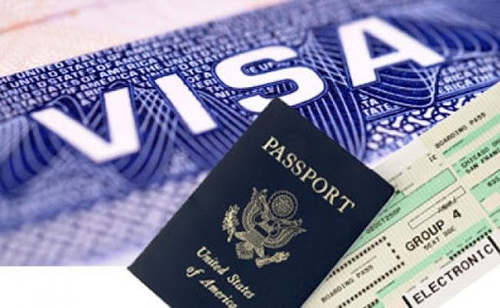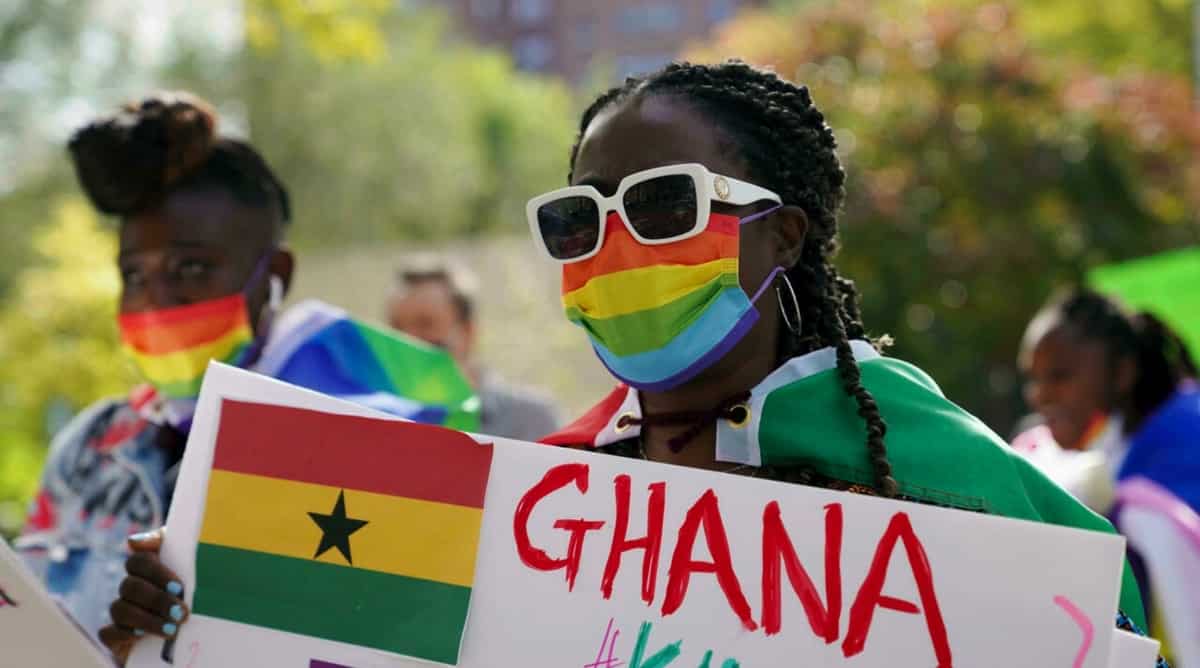The United States has introduced a significant change to its visa policy, limiting Ghanaian non-immigrant visa applicants—including those seeking B-class visas for business or tourism—to single-entry visas valid for just three months.
This marks a departure from the previous five-year, multiple-entry visa arrangement many Ghanaians were accustomed to.
The updated guidelines, announced by the U.S. Department of State’s Bureau of Consular Affairs, fall under the “Reciprocity and Civil Documents by Country” section and affect a wide range of visa categories. Among those hit hardest are students on the F-1 visa, who are typically enrolled in long-term academic programs in the U.S. These students will now receive visas that allow only one entry and expire after three months—potentially complicating academic schedules, travel, and long-term planning.
Diplomatic passport holders and government officials are exempt from the new restrictions. They will continue to enjoy multiple-entry privileges, with visa validity spanning two to five years.
Other categories under the K visa classification were also addressed. The K1 and K2 visas—granted to a U.S. citizen’s fiancé(e) and their child, respectively—will remain single-entry, but valid for six months. Meanwhile, the K3 visa for a U.S. citizen’s spouse and the K4 for their child will allow multiple entries and stay valid for 24 months.
These changes significantly alter travel opportunities for many Ghanaians. The shift to short-term, single-use visas means travelers must reapply—and pay—for a new visa each time they wish to visit the U.S., even for brief or recurring trips. It also raises concerns for those with long-term business engagements, family ties, or academic commitments in the United States.
Reacting to the policy shift, Bright Simons, Vice President of IMANI-Africa, raised concerns about whether Ghana or Nigeria would consider retaliatory steps. He questioned the fairness of the move and called for greater transparency from African governments.
“Given the scale and scope of the restrictions this time around now, citizen interest is likely to be much higher putting pressure on the government to openly discuss the measures it intends to take in response,” Simons remarked.
He further urged Ghanaian authorities to publish data comparing visa access granted to Americans entering Ghana with what Ghanaians receive when applying to the U.S.
“Thus, they are trying to frame the issue as one of ‘reciprocity’. Something that, per policy, they ought to review regularly. Our governments should publish stats on this. Is it true or not?”
Simons also noted that while the U.S. policy appears harsh, other major travel destinations are not necessarily more lenient.
“The visa regimes of some other places Ghanaians like to visit, like Europe, China, and the Middle-East are not any more liberal. Getting long-term, multiple-entry visas for these places has been quite hard. It may be hard to justify retaliation against the US when visa rules for other places seem just as tight or even tighter. Except, of course, that there is no rule that says that retaliation must be symmetrical,” he added.
As visa accessibility tightens, the financial and emotional toll on Ghanaian travelers is expected to increase. The new policy could discourage frequent visits to the U.S. and complicate family, academic, and business ties between the two countries.








